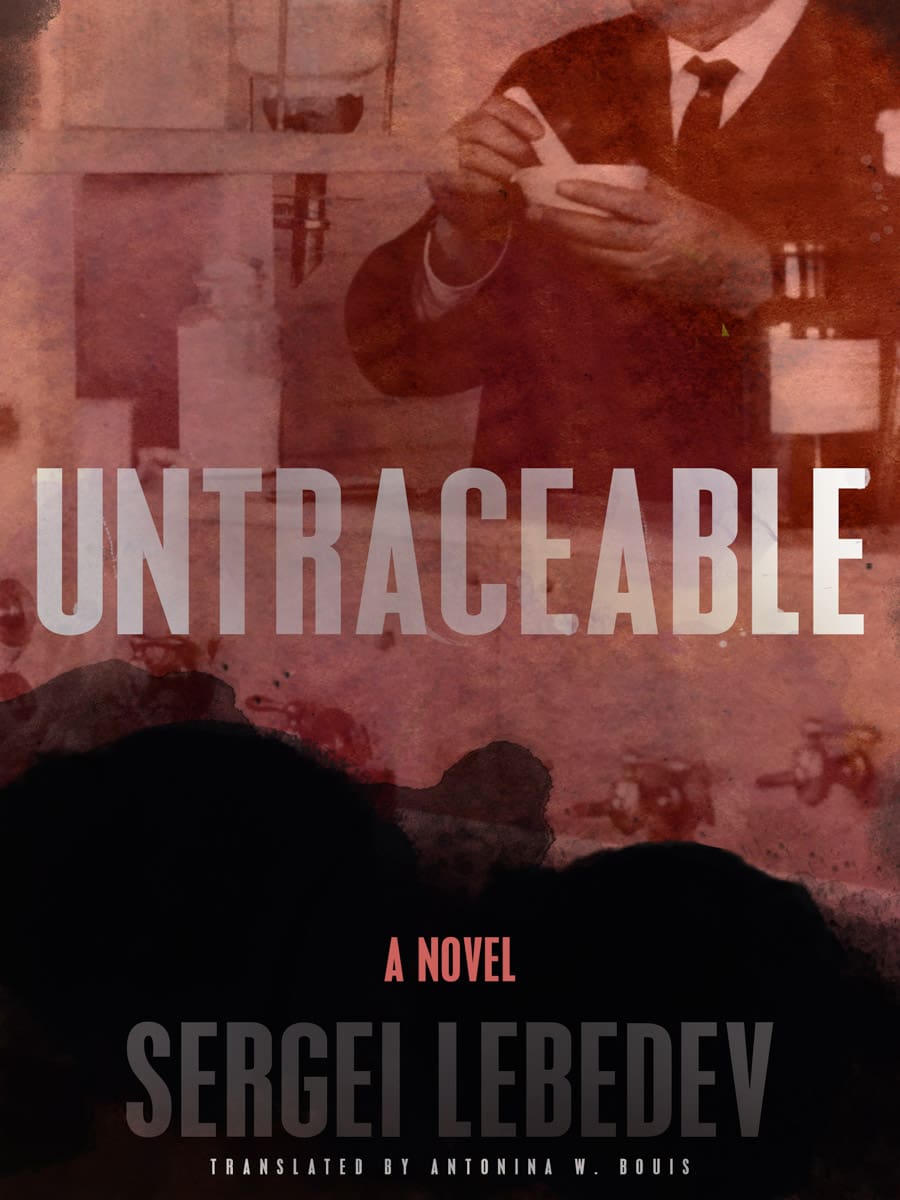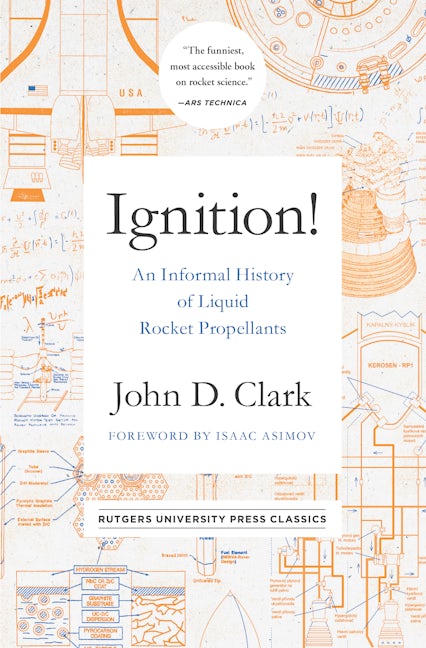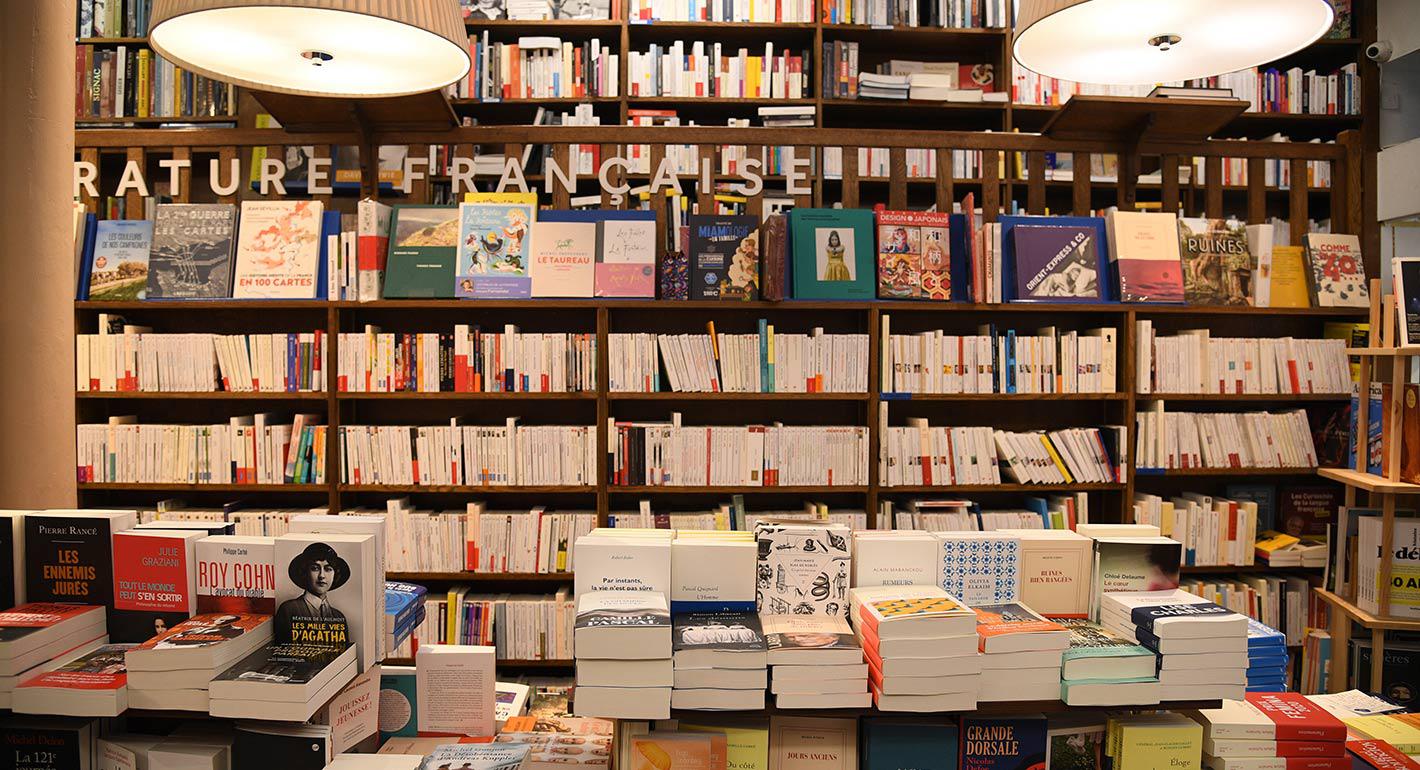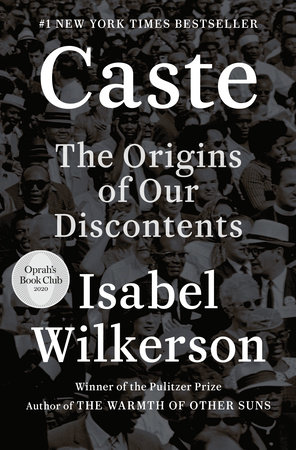Caste: The Origins of Our Discontents
Written by Isabel Wilkerson, published by Penguin Random House.
Dan Baer: Dwight Garner’s review of Isabel Wilkerson’s new book, Caste: The Origins of Our Discontent, in The New York Times included the line, “It’s an extraordinary document, one that strikes me as an instant American classic and almost certainly the keynote nonfiction book of the American century thus far.” As Garner himself acknowledged, that kind of declaration is unusual for a review. After reading Wilkerson’s book, I understood why he wrote it.
Her subject is at once the most enduring and significant organizing principle of American society and the most contested and least understood. Wilkerson’s excavation is both synthetic—drawing together ideas and evidence that have been put forward by others—and novel. She is a weaver of a writer, setting up on her loom the warp threads—the most significant of which are the constructs and history of caste and race—and using as the weft threads a collection of narratives of the American experience, past and present, some offered in the voice of a historian or anthropologist and others in the deeply personal voice of a memoirist.
The book would be difficult to outline—I found myself wondering how Wilkerson could have planned it—and yet it is remarkably accessible. It leaves the reader thinking “Yes, I see; of course,” marveling at Wilkerson’s prose tapestry that depicts a society at once flawed and beloved.

The Overstory
Written by Richard Powers, published by W.W. Norton.
Rosa Balfour: Richard Powers writes, “She sees it in one great glimpse of flashing gold: trees and humans, at war over the land and water and atmosphere. And she can hear, louder than the quaking leaves, which side will lose by winning.”
Lockdown struck in Brussels as I was finishing Powers’s The Overstory, an extraordinary novel where the protagonists are trees, described as “a wonderous thing that shelters, feeds, and protects all living things.” The trees are joined by several characters whose lives and fates are tied by their love of forests.
As the world came to a halt, I was struck by the empty blue skies, clean air, and rustling leaves. The spring lockdown was caused by a pandemic that had crossed the borders of the whole world and turned everyone’s lives upside down. When the coronavirus jumped species and attacked humankind, it felt like a revenge of the wild against humans, who have forgotten we are part of nature. We have pushed and pushed the limits of nature’s ability to regenerate itself, causing catastrophes—from pandemics to extreme weather events—that are the real-time, real-life expression of the climate crisis.
Through detailed minutiae of life in the forest, The Overstory tells a tale of empathy, knowledge, action, and heroism. It chronicles the police brutality used to repress and punish those who mobilized to stop industrial scale deforestation in the United States, which later resonated when the Black Lives Matter protests were quelled by force. The novel is a prophetic and compelling ode to the environment.

The Hemingses of Monticello: An American Family
Written by Annette Gordon-Reed, published by W.W. Norton.
Jarrett Blanc: I have made a point this year of reading newer histories of slavery in America, stories essential to understanding ourselves and thus setting out ambitions for our government in all areas, including national security.
Vincent Brown’s Tacky’s Revolt: The Story of an Atlantic Slave War, about an eighteenth century slave uprising in Jamaica, is a painfully relevant account of irregular warfare linked to a global conflict. Brown discovers a largely unknown and complex political history of the rebels and the relationships that linked and divided them from their origins in Africa to their enslavement in the Caribbean. Americans confident that we understand the politics of the countries where we are fighting now would do well to consider how much more remains to be discovered about similar wars fought nearly three centuries ago.
But in the end, I would choose Gordon-Reed’s The Hemingses of Monticello. Not new, it is a biography of Hemings’ extended family and its complicated, brutal entanglement with the Jeffersons and other prominent Virginia families linked to Jefferson by family ties or other allegiances. The stories are by turn gripping and nauseating, all told clearly, sympathetically, and at times beautifully.
Like Brown, Gordon-Reed restores agency to people generally treated as the objects rather than subjects of history. She carefully describes the historiographic problems of uncovering and relating histories of people who were denied legal personhood and so partially disappear from the legal and other written records. The lasting, intentional invisibility of such huge parts of our national story distorts our view of the American national interest and requires a purposeful effort to overcome.

Untraceable
Written by Sergei Lebedev, published by New Vessel Press.
Judy Dempsey: I’m biased! My favorite Russian author is Sergei Lebedev. We’ve met and talked a few times. But not yet about his latest novel, Untraceable.
It’s about the Kremlin’s use of chemical weapons against its opponents. Laced in this complex narrative are references to the killing of Alexander Litvinenko in London and how Sergei Skripal and his daughter were poisoned in northern England.
A brief warning. The book is complex in its construction and narrative. It shifts from Russia to Eastern Europe to Germany. It demands attention about how the Nazi scientists who perfected chemical weapons were later recruited by the United States and Russia after 1945.
That aside, this book is about “the Island,” a closed-off location where “Neophyte,” a secretive, chemical substance that its scientists hoped was undetectable, was developed.
The main protagonist, Professor Kalitin, is a quasi-ideologue and frustrated chemist who wants to be committed to the Island. But after the collapse of the Soviet Union in 1991, uncertainty and chaos take hold. When his wife dies after being exposed to one of his chemical experiments, he loses faith and defects. Putin’s spies go after him. The rest is history.

Ignition!: An Informal History of Liquid Rocket Propellants
Written by John D. Clark, published by Rutgers University Press.
Ankit Panda: My top read in 2020 was Ignition!: An Informal History of Liquid Rocket Propellants, by John D. Clark. This book was originally published in 1972 and became an instant classic among many a chemical engineer and rocket scientist. Unfortunately, it also became difficult to acquire a real copy as existing prints were near-universally swooped up. It was reissued in 2018, and I was drawn to it based on its reputation and my ongoing interest in rocketry and missile proliferation.
Clark, an American chemist, tells the history of early rocketry in the United States. He describes how scientists and engineers—many with an unhealthy acceptance of risk—went about iterating and innovating amid the backdrop of the Cold War and the space race with the Soviet Union. This book is, quite literally, about rocket science, but Clark’s talents as a writer shine through. It contains many a laugh-out-loud quip from the author, who’s tremendously self-aware of the risks inherent in building rockets and engineering the propellants that power them. Isaac Asimov, the doyen of modern hard science fiction, in his introduction to the original, observed that “it is clear that anyone working with rocket fuels is outstandingly mad,” adding that Clark’s greatest achievement might have been surviving his career in “one piece” to tell the story of three decades of breakneck innovation in the post-war period.
Today, anyone with even a passing interest in the innovations that enabled our path to the stars—or to hurl nuclear warheads at each other over intercontinental distances—should read Clark. You’ll laugh in bewilderment and amazement—and come out the other end more than a little more conversant in rocket science.

Better Than War
Written by Siamak Vossoughi, published by University of Georgia Press.
Rachel Kleinfeld: I read dozens of nonfiction books each year—but for my book of the year, I had to pick this tiny collection of stories. There is nothing like fiction for opening us to empathy and deeper understanding. And nothing seemed more necessary in 2020, as polarization tore at the fiber of our country and democracy.
My favorite discovery of the year was Better Than War, a collection of twenty-nine stories by Siamak Vossoughi. Opening this book was like taking the lid off a box of chocolates, each a tiny treasure to savor. No story is longer than five pages, and the spare prose, like great poetry, allows for no unnecessary verbal pyrotechnics.
The stories are told from the viewpoint of a small Iranian immigrant boy grappling with friends, picnics, and dating in Seattle in the 1980s, when it was just a rainy American town and not yet a tech mecca. Yet his feelings about biking down a hill, walking along a street, or just daydreaming are inseparable from the adult emotions of his parents, who escaped revolution and war in their home country. The struggle of immigrants to find a sense of place is a constant theme. So are the failed hopes of the Iranian Revolution, the struggle between standing for one’s people and doing right by one’s family, and even the ethics of admiring the bravery of the tortured—while being forced to recognize the humanity of the torturer.
In other words, small does not mean simple. Just as the Talmud devotes thousands of pages to parsing a few sentences of the Bible, these tiny stories, written like parables, hold depth and breadth that keep you returning to them, considering what is right, what is necessary, and what it means to live in a beautiful but deeply flawed world.
Honesty, wisdom, and kindness suffuses these stories. While never maudlin or sentimental, their focus on love and their assertion that caring for one another is “better than war,” made me feel I was able to find in myself a better person each time I opened the covers. This is one I will be keeping on my bedside table to dip into again over many years. And its innate goodness is surely an antidote to the horrors of 2020.

